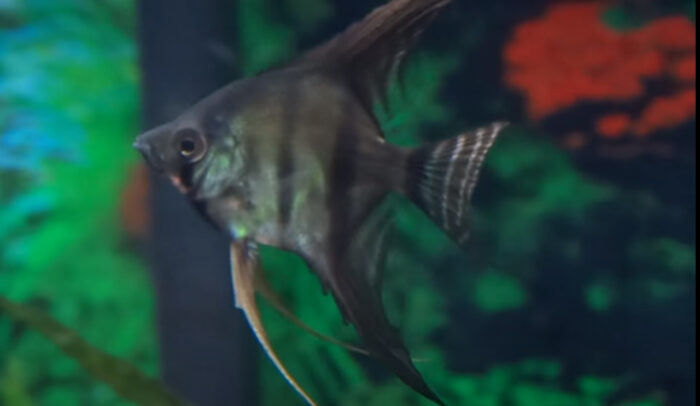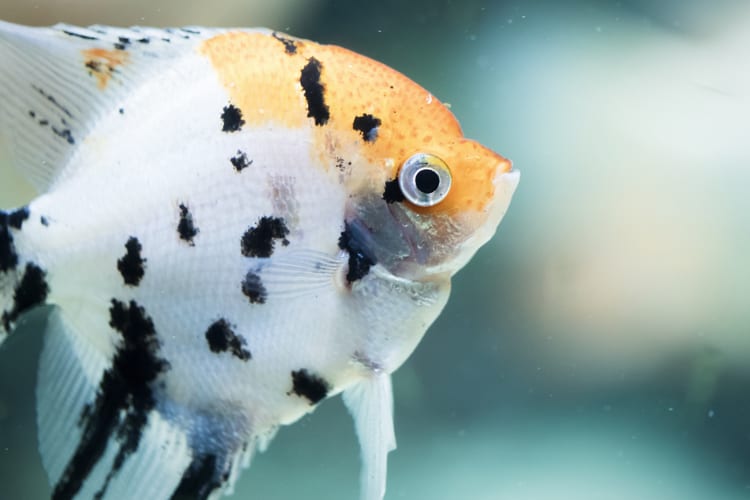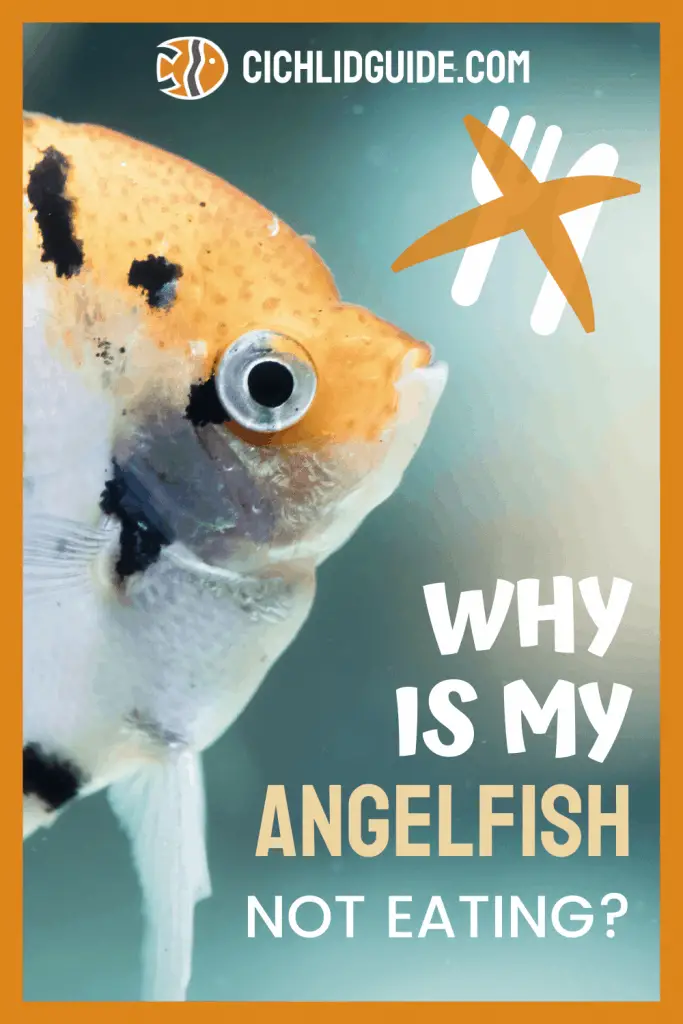Angelfish Not Eating
Are you worried about why your angelfish is not eating? It can be concerning to see your beloved pet fish refuse to eat, but don't fret. In this article, we will explore the possible reasons behind your angelfish not eating and provide solutions to help them regain their appetite.
Potential Reasons for Angelfish Not Eating
There are several reasons why your angelfish may not be eating. One of the most common reasons is stress. Stress can be caused by various factors, such as changes in water temperature, poor water quality, overcrowding, or introducing new fish to the tank. If your angelfish is stressed, they may not eat as a result.
Another reason why your angelfish is not eating could be due to illness. Angelfish can suffer from various diseases and infections that affect their appetite. Additionally, overfeeding or feeding inappropriate food can lead to digestive issues, making it uncomfortable for your angelfish to eat.
Solution for Angelfish Not Eating
The most effective solution for angelfish not eating is to identify and address the underlying cause. To reduce stress and improve water quality, perform regular water changes and ensure the water temperature and pH levels are suitable for your angelfish. Consider providing hiding spots in your aquarium to reduce aggression and stress among fish.
If your angelfish is suffering from illness, consult a veterinarian who specializes in fish care. They can provide proper diagnosis and recommend the appropriate treatment to get your angelfish back on track.
Summary of Main Points
To summarize, angelfish may not be eating due to stress, illness, or other factors. To help your angelfish regain their appetite, ensuring proper water quality, temperature, and pH levels. Providing hiding spots and consulting a veterinarian can provide a solution.
Preventing Angelfish from Not Eating
The best way to prevent angelfish from not eating is to create a stress-free environment for them. Ensuring that the water conditions in their aquarium are suitable and stable can go a long way in keeping your angelfish healthy and happy. You may also want to consider providing a varied diet that is appropriate for your angelfish species.
Here's a personal experience to emphasize the importance of proper feeding: When I first brought home my angelfish, I didn't realize that I was overfeeding them, which led to digestive issues and a lack of appetite. Over some time, I reduced their feeding frequency and stuck to a balanced diet, and my angelfish's appetite returned to normal.
Importance of Seeking Professional Help
If you have tried to address the underlying causes of your angelfish's loss of appetite with no improvement, it's essential to consult a veterinarian who specializes in fish care. They can provide a proper diagnosis, recommend the best treatment options, and help you get your angelfish back to their healthy state.
Role of Water Quality
Water quality is one of the most crucial factors in keeping your angelfish healthy and stress-free. Ensure that the water in your aquarium is free of toxins, chlorine, and other harmful chemicals. Regular water changes help to maintain the appropriate water conditions for your angelfish.
Signs of Improper Feeding
Signs of improper feeding include bloating, discoloration, and lethargy. Overfeeding can lead to digestive issues and sickness, while underfeeding can lead to malnutrition and stunted growth. Hence, it's essential to maintain a balanced diet and feeding frequency to keep your angelfish healthy and active.
Q&A: Answering Your Questions About Angelfish Not Eating
- Q: What should I do if my angelfish is not eating?
- A: First, identify the underlying cause, such as poor water quality, stress, or illness. Addressing the cause is the most effective way to help your angelfish regain their appetite.
- Q: Can overfeeding cause my angelfish not to eat?
- A: Yes, overfeeding can lead to digestive problems and a lack of appetite in angelfish. It's important to feed your fish a balanced diet and avoid overfeeding.
- Q: Should I change the water in my angelfish tank if they are not eating?
- A: Yes, performing regular water changes is essential to maintaining good water quality for your fish. Proper water conditions can help to reduce stress and promote healthy appetite in angelfish.
- Q: What are some common illnesses that can cause angelfish not to eat?
- A: Common illnesses in angelfish can include bacterial diseases, parasitic infections, and viruses. A fish veterinarian can provide proper diagnosis and treatment options for your angelfish.
Conclusion
If your angelfish is not eating, it can be frustrating, but it doesn't have to be the end of the world. Identifying and addressing the underlying cause can help your angelfish regain their appetite and get back to their healthy state. Ensuring proper water quality, a balanced diet, and seeking professional help if needed can go a long way in keeping your angelfish happy and healthy.
Gallery
Why Is My Angelfish Not Eating? (6 Likely Reasons) - Avid Aquarist

Photo Credit by: bing.com /
Why Is My Angelfish Not Eating? Here's What You Can Do

Photo Credit by: bing.com / angelfish
I Got My Angelfish To Start Eating Again. - YouTube

Photo Credit by: bing.com / eating again
Why Is My Angelfish Not Eating? - Cichlid Guide

Photo Credit by: bing.com / angelfish freshwater tankmates scalare pterophyllum referred aquarium aquariadise
Why Is My Angelfish Not Eating? - Cichlid Guide

Photo Credit by: bing.com / angelfish